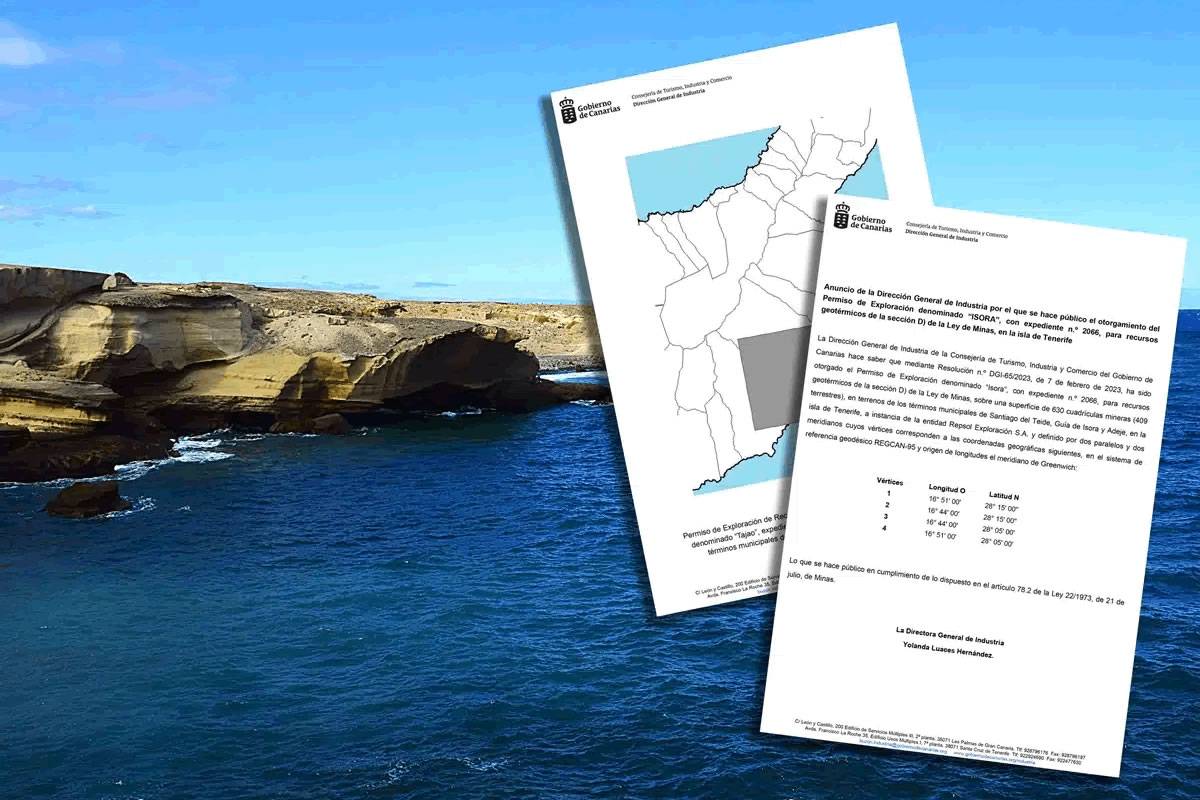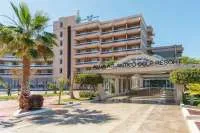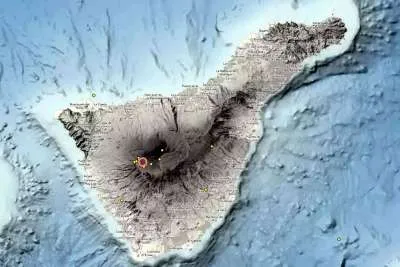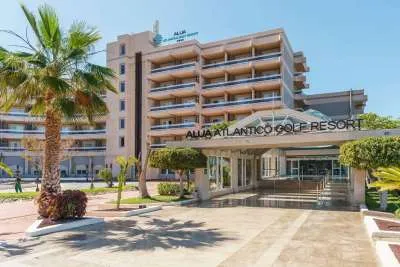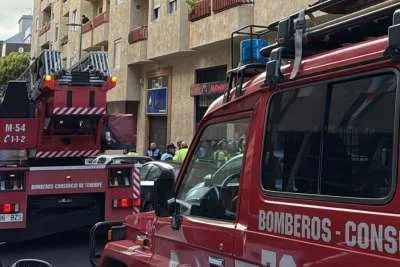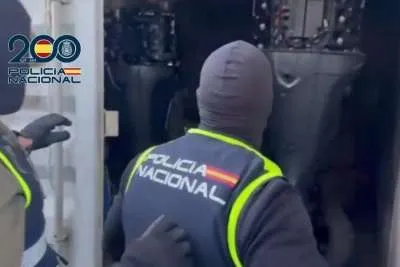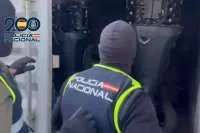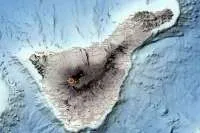Repsol will explore the subsoil in the south of Tenerife for geothermal energy
- 02-03-2023
- Business
- Canarian Weekly
The Canary Islands Government has granted permission to Repsol for two investigations of geothermal resources in the south of Tenerife. Their exploration will take place in the following five municipalities: Arico, Granadilla de Abona, Adeje, Guía de Isora, and Santiago del Teide.
One of the explorations, called Tajao, will be carried out on an area of 576 mining squares in the municipalities of Granadilla de Abona and Arico, while the second, called Isora, will be carried out in an area of 630 mining squares on land in Adeje, Santiago del Teide, and Guía de Isora.
The regional government has reiterated the need to promote actions that guarantee the decarbonization of the islands, in accordance with the provisions of the Mining Law, and reduce dependence on energy resources from abroad. In this sense, it stresses that it will promote the use of renewable energies, from small to large projects, and in all sectors.
In the Canary Islands, geothermal studies and explorations have been carried out since the 1970s, especially in Tenerife, Gran Canaria, La Palma, and Lanzarote, the islands with the greatest potential in this type of sustainable and clean energy that is generated through the use of heat from underground.
A study by the Geological and Mining Institute of Spain (IGME) highlights the expectations of Tenerife, La Palma, Lanzarote, and Gran Canaria by having "high temperature warehouses (between 150 and 300 degrees) and hot dry rock". These deposits, they say, could be used to generate conventional electricity and binary cycles, as well as to desalinate seawater.
Repsol is currently developing an exploration project on the island of Gran Canaria, called Lisa, to determine if there is enough heat in the subsoil to generate renewable energy. If this is the case, the next phase would begin, the investigation phase, which could last up to five years.


